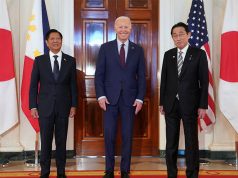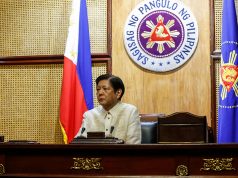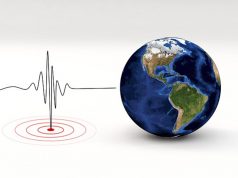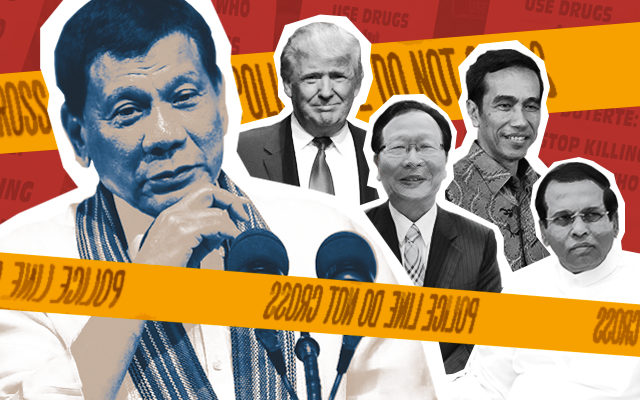
President Rodrigo Duterte’s influence is expanding into the international community with foreign officials from Sri Lanka, Indonesia, Taiwan and the United States emulating his anti-drugs policies.
It is an indication that the “Duterte effect” has definitely reached global consciousness despite him receiving a decrease in his local satisfaction ratings that went from “very good” to “good.”
The “Duterte effect” refers to how Philippine president has influenced the public with his manner of speech, his ideals, his beliefs and his principles.
Duterte’s influence on foreign gov’t officials
Sri Lanka
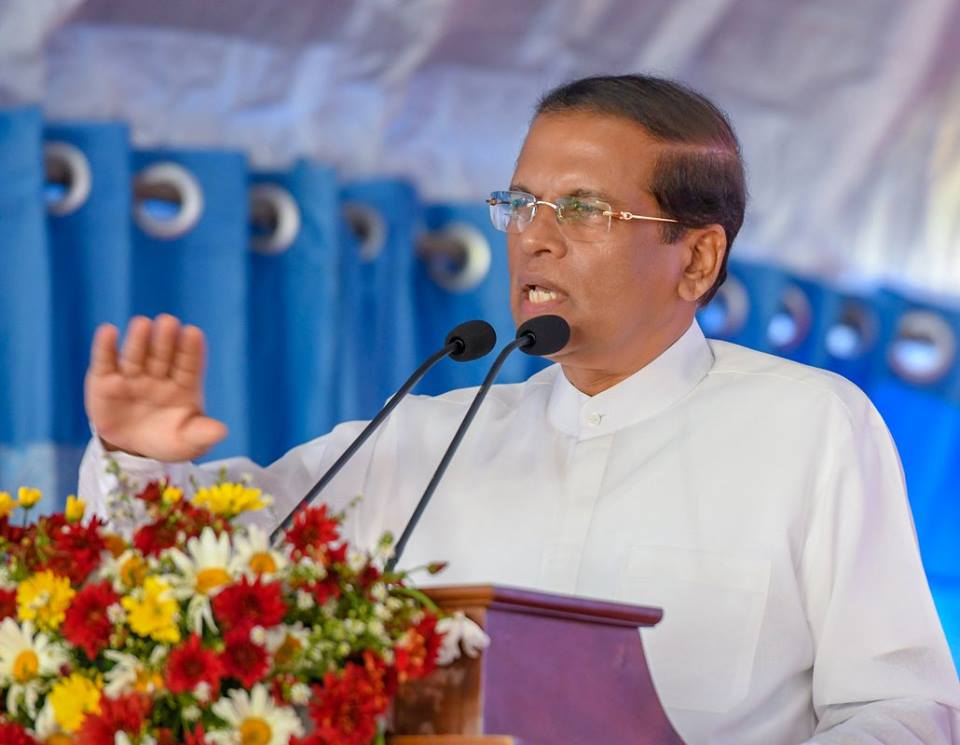
Sri Lanka President Maithripala Sirisena recently declared that he would hang drug offenders in the hopes of replicating the Philippines’ “success” on the War on Drugs campaign.
“From now on, we will hang drug offenders without commuting their death sentences,” he said to his cabinet members.
Sirisena added that he “was ready to sign the death warrants” of consistent drug offenders.
TIME reported that Sri Lanka’s authorities are convinced the country has become an “international transit hub for narcotics” after sacks of cocaine worth $108 million were found in Colombo last January.
Indonesia
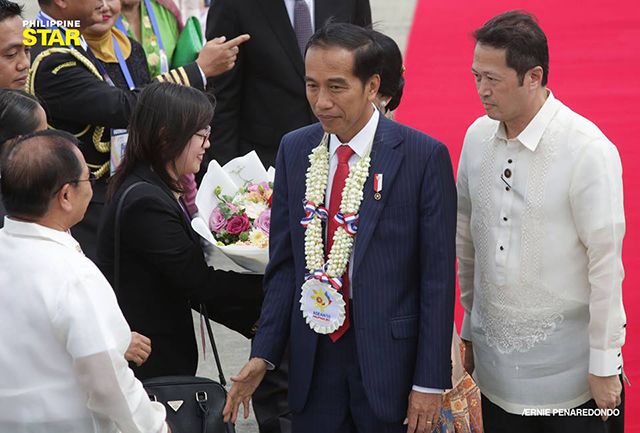
Indonesian President Joko “Jokowi” Widodo has been known for his tough stance on illegal drugs.
On July 2017, he ordered police officers to shoot drug traffickers, seemingly inspired by Duterte’s campaign.
He said in a speech, “Be firm, especially to foreign drug dealers who enter the country and resist arrest. Shoot them because we indeed are in a narcotics emergency position now.”
By December of the same year, 79 suspects—including ten foreigners—lost their lives. The Human Rights Watch has also condemned the country’s brutal policy on drugs.
Taiwan
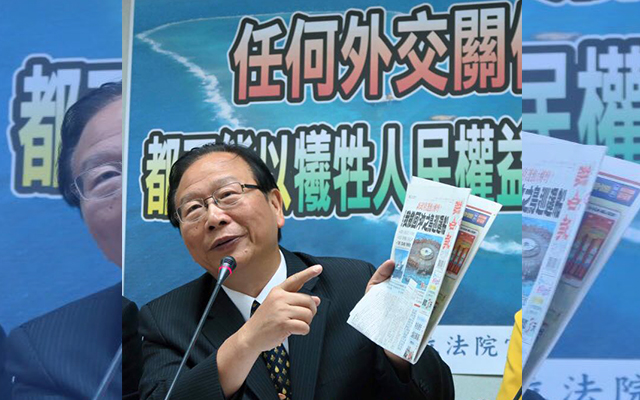
Chinese Nationalist Party legislator Lin Te-fu announced that Taiwan should emulate Duterte’s “War on Drugs” campaign by executing drug dealers.
This came after the rise of recreational drug usage in schools and their society.
Te-fu said, “We should learn from Duterte. He has done well to arrest drug offenders and execute them. Because of this, the crime rate in the Philippines is down.”
Previously, a political candidate has included Duterte’s face in his campaign poster, citing that he was inspired by the Philippine president’s stance on drugs.
United States
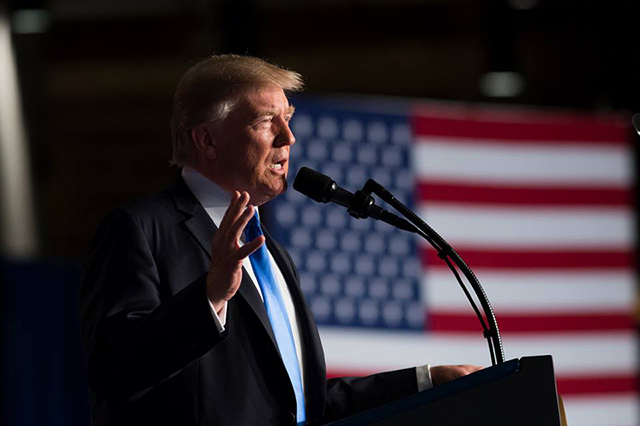
Even a country as liberal as the United States has been influenced with the “Duterte effect.” U.S. President Donald Trump declared that he finds death penalty a fitting punishment for drug traffickers.
“We’re wasting our time if we don’t get tough with drug dealers, and that toughness includes the death penalty. The ultimate penalty has to be the death penalty. Maybe our country is not ready for that, it’s possible, it’s possible,” he said.
The United States is currently suffering from an “opioid crisis” where more than two million of its citizens have become dependent or have abused prescription painkillers and street drugs.
How effective is violence in the war against drugs?
According to John Collins, executive director of London School of Economics IDEAS International Drug Policy Project, the Philippines’ “War on Drugs” campaign is similar to those launched in the United States, parts of Latin America and Asia for the past decades.
It eliminated the users but it did little to actually curb the drug problem—its supply and amount.
“The policies pursued, in this case prohibition and repression, don’t succeed in reducing the size of the market and in many cases inflame the violence and corruption associated with the market,” Collins said, referring to the Philippines.
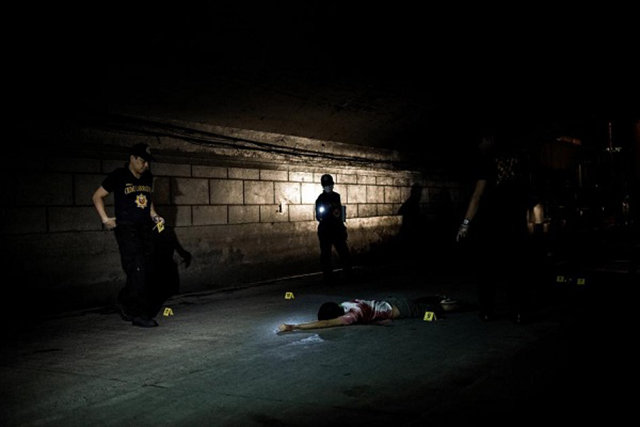
In 2009, former Brazilian president Fernando Henrique Cardoso shared that the violent war against drugs in Latin America has led to “corruption.”
“In Latin America, the ‘unintended’ consequences (of war) have been disastrous. Thousands of people have lost their lives in drug-associated violence.”
“Drug lords have taken over entire communities. Misery has spread. Corruption is undermining fragile democracies,” Cardoso said.
In the U.S., they implemented a similar policy in 1971 but it only disrupted drug production temporarily.
Collins noted, “(The war in the US) has destroyed policy-community relations in many areas, and has not noticeably reduced the size of the drug market, merely displaced it in certain cases.”
Then-U.S. President Richard Nixon referred to drugs as “the public enemy number one” and reinforced a “no-knock warrant” policy that allowed police officers to enter homes without alerting its residents.
Collins added, “The likely outcome (based on evidence from other countries) is that the drug market will undergo changes in operation, but not necessarily (in) size.”
“Short-term supply changes as a result of police interventions are rarely (almost never) sustained into the medium-long term. They often produce spillover effects as people switch to other substances and criminal organizations regroup and fight over the drug market.” — Art by Uela Badayos




